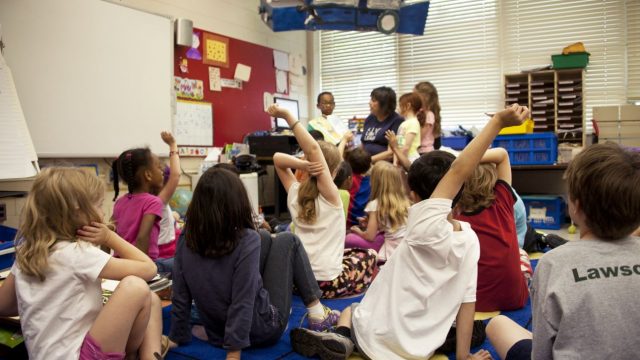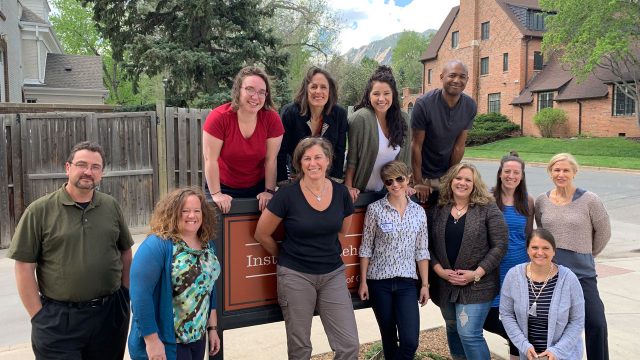
Resilience in Schools & Educators

RISE is an adult-centered, trauma-responsive prevention program that builds educator social emotional skills, intentional environments, and safe supportive relationships to foster resilience and well-being for everyone at school.
Decades of research have revealed that one essential protective factor for youth is having a safe, supportive relationship with an adult. RISE was developed to help educators have the support, skills, and tools they need to be that adult.

RISE Implementation
RISE is a comprehensive program that we recommend implementing over the course of 3 years, to increase sustainability and achieve whole-school saturation.

Cohort Evaluations
We have measured the impact of RISE on hundreds of educators across Colorado since 2017. While there are differences at each building, and from year-to-year, there are consistencies too:
“[RISE] was one of the most important and meaningful classes that I’ve taken during my [5 years] in this district.”

